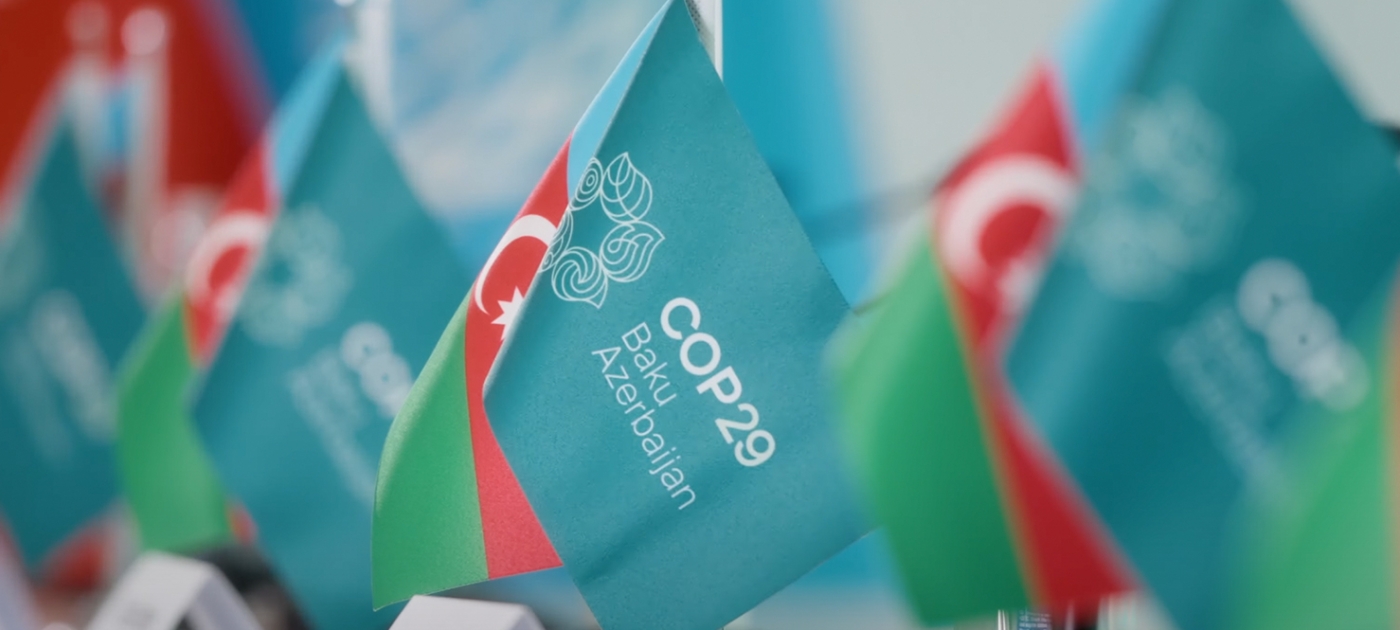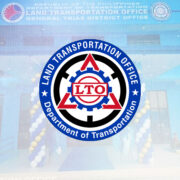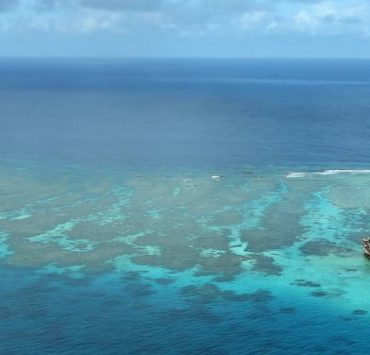Midway into COP29, climate action woefully insufficient

BAKU, Azerbaijan—Governments from 195 countries are halfway through negotiations at the United Nations-backed climate change talks (29th Conference of Parties, or COP29)—amid disappointments on many fronts, highlighting little progress on new funding for loss and damage and accelerated clean energy goals to help poorer countries cope with rising sea levels and other climate impacts.
Delivery of climate finance is the main topic of the two-week conference in Azerbaijan’s capital which began Nov. 11, with the Philippines leading the launching that day of the loss and damage fund. For that purpose, a board was assembled last year with the Philippines as host country and the World Bank as interim host.
The participating countries seek to establish a new annual climate financing target this year, or the so-called New Collective Quantified Goal on climate finance (NCQG) that would help them reduce greenhouse gas emissions and adapt to climate change.
But that fund, intended to replace the $100 billion per year pledge set in 2009, has not yet been established.
‘Broad range of sources’
Negotiations have been slow on this new financial goal, creating deep divides as to the amount of money that should be raised, who should contribute, and which countries should receive it.
Other contentious issues are also being hammered out behind closed doors—from the scale and delivery of finance on adaptation, mitigation and loss and damage, to fast-tracking the energy transition which countries and climate activists regard as a critical issue to achieve a successful climate summit.
With the loss and damage fund supposed to be put in operation at COP29, a total of $726 million in pledges made by rich countries at COP28 last year must be turned into contributions, so the fund can start financing projects intended to mitigate the loss of lives and livelihoods and other climate impacts.
On Tuesday, the Philippines formalized its host duties by signing a host country agreement together with the Board of Loss and Damage Fund.
“This is good news. I am always hopeful but we have to be realistic and understand in terms of the amount that is really needed. One of the issues is where the sources will be? Will it be coming from among the developed countries?” said Environment Secretary Maria Antonia Yulo Loyzaga, who heads the Philippine delegation to COP29.
A UN-led report in 2022 estimated that, for future loss and damage, as much as $300 billion may be needed every year by 2030 to cope with immediate impacts for subsequent reconstruction.
Framework, no figure
This is on top of funding needed for mitigation and adaptation that could reach trillions of dollars per year.
“We need a broad range of sources including private sector, philanthropists and international organizations. So we need to buckle down and decide what is going to be the coverage in terms of scope, the fund and who would and should be able to contribute,” Loyzaga said.
Discussions on other crucial topics remained stalled, although this is not uncommon at the midway point of a climate summit.
Greenpeace Southeast Asia executive director Naderev Yeb Sano said, “For too long, we need climate action. This requires money at COP29 where a robust and ambitious new finance must be agreed upon. Trillions of dollars are needed to support adaptation, mitigation and loss and damage. It must be ambitious and scale up finance making fossil fuel industries accountable.”
He added: “So when we talk about the strongest possible outcome here, we want them to give the figures.”
Sano, however, is also aware that COP29 might end up with no figure but only a framework to be discussed at COP30 next year in Brazil.
Climate activists are also making their presence at COP29, demanding that rich countries step up their commitments on finance and reducing emissions.
“Fossil fuel players are here, many of them who are influential in the delivery or non[-]delivery of the ambitious targets of climate finance. We are not expecting that much but hopeful that something significant will happen here,” environmentalist Rodne Galicha of Aksyon Klima Pilipinas said.
‘Urgent transition’
Gerry Arances, executive director of the Center for Energy, Ecology and Development, called for a stop to finance flows to fossil fuels which exacerbate Southeast Asia’s climate vulnerability.
He said financial institutions and governments must instead drive the region’s alignment with the 1.5 degrees Celsius target still to be realized by the 2015 Paris Agreement on climate change.
“As the climate talks unfold, the Philippines is being battered by a series of devastating storms. An urgent transition away from fossil fuels is necessary to strengthen our region’s climate resilience, avert even more catastrophic climate change, and ensure the climate survival of our people,” Arances said.
The conference ends on Nov. 22, with key texts that will form the outcome of COP29, particularly on funding and use of clean energy.

















